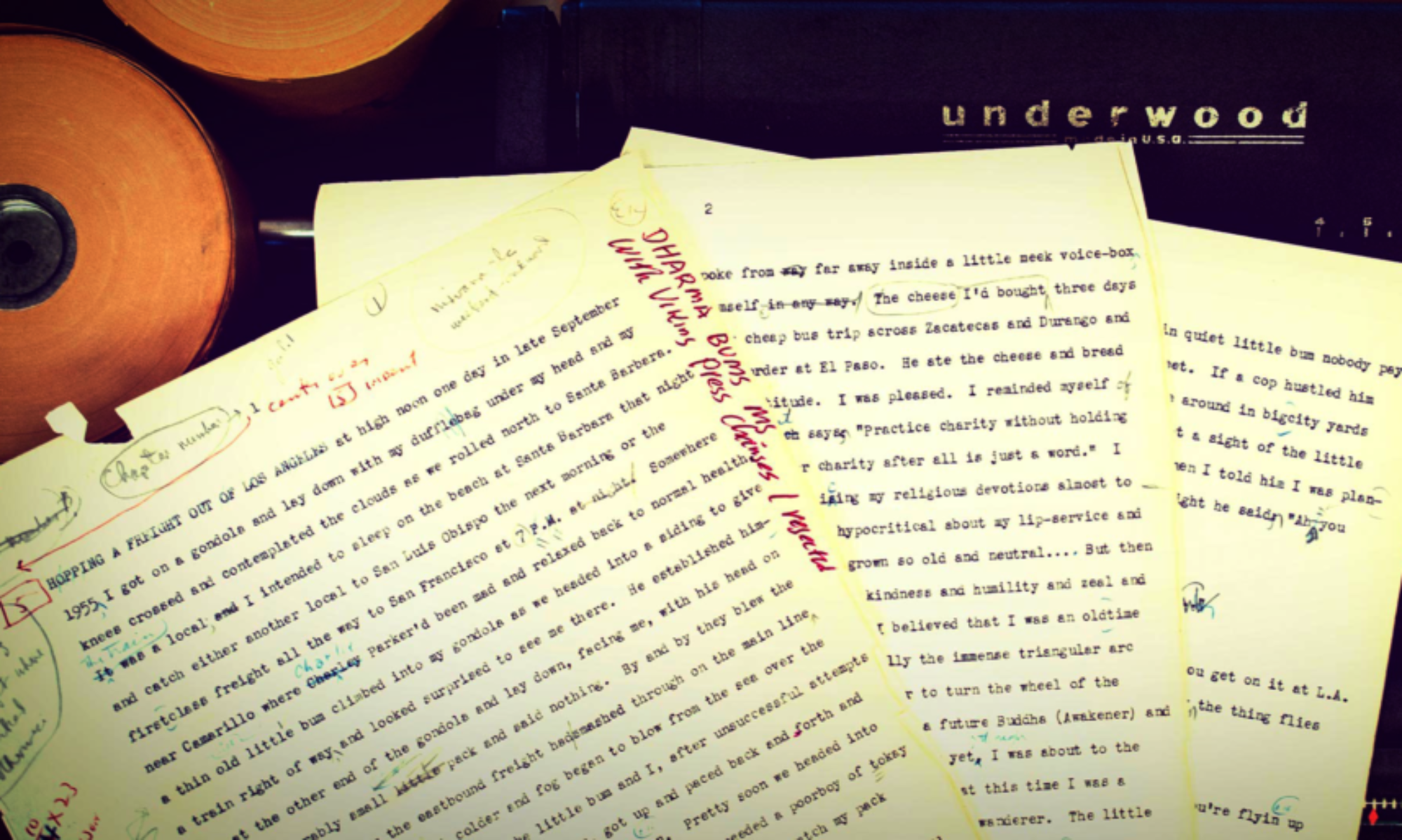The Department of English is delighted to spotlight a selection of summer achievements from our amazing undergraduate students!
 | Sophia Bereaud Creative Writing and Anthropology Emory University, Class of 2022 Pronouns: She/Her |
As a member of the SURE Affiliate program this summer, I worked with Professor Heather Christle to produce a piece of creative nonfiction exploring the relationship between mental illness and creativity. The premise arose from my interest in mania, a state of mind characteristic of bipolar disorder, which begins with elevated mood and energy levels and devolves into psychosis. Early manic phases can be marked by sudden overwhelming creative ambition. I was intrigued by the possibility of a linkage between these two phenomena, which would bear interestingly on the veracity of the ‘mad genius’ and ‘suffering artist’ stereotypes. I quickly found statistical evidence pointing to a far higher prevalence of the illness among artistic populations compared to general samples – about 20 percent to 1 percent, respectively. Moreover, many of the symptoms of hypomania – ebullience, grandiosity, goal-driven behavior, ‘flow’ state – strikingly resemble those of creative states of mind. So while there’s no conclusive neurological evidence, the possibility of a catalytic link between bipolar disorder and artistic production is a viable and highly contested research question.
My research, both of scientific and literary bents, frames the narration of a manic flight. Knowing my curiosity was upheld by the scientific community, I set out to humanize the inquiry with anecdotal evidence from the experiences of artists and creatives. I read works by artists with bipolar disorder, including those who treat the subject of their own illness, in fiction, poetry, and prose. I read about the lives of some of these artists, namely Virginia Woolf and August Strindberg, hoping to understand how bipolar disorder colored their creative lives. Their stories served as contrasts and referents as I unfurled my narrative. I make use of interstitial prose to weave research, reflection, and storytelling together. The piece begins at the start of a manic episode and ends with the episode’s finale, paying visits to despair, euphoria, high school, the 19th century, and the inside of a Childish Gambino album on the way. Its narrator is sometimes lucid, sometimes patently insane. It is an exercise in navel-gazing, aspiring to writer Melissa Febos’ take on the term: “I suspect I could write something relevant and dynamic and political and beautiful and intellectual about my own navel.”






